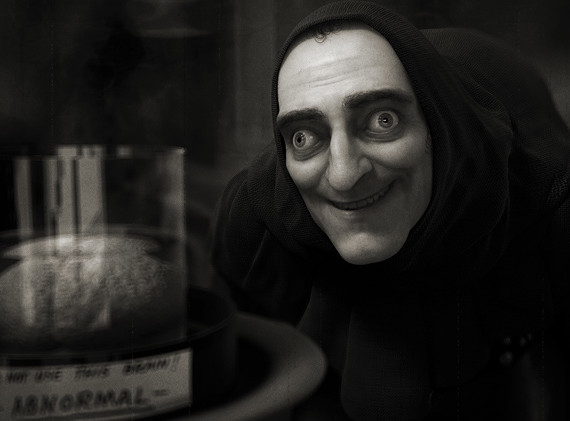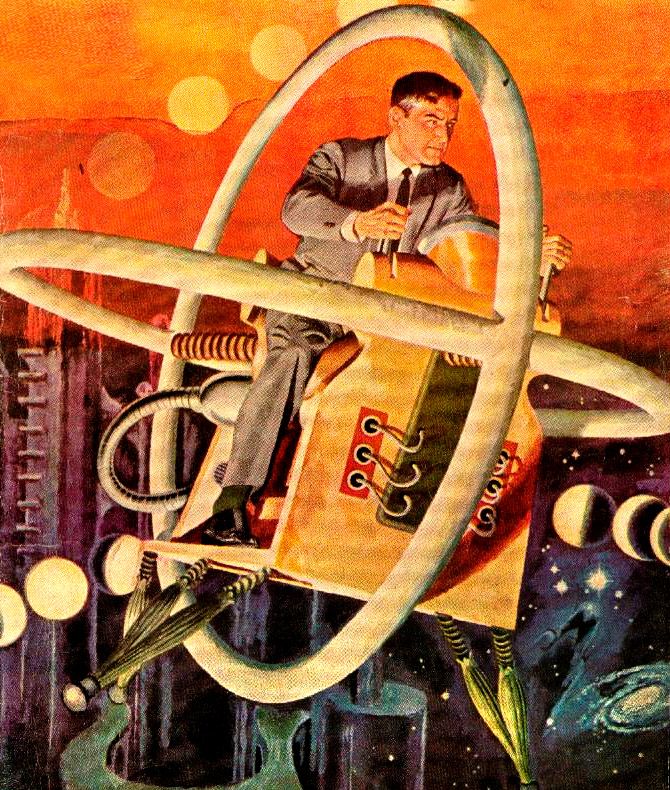With his AI enterprise, Viv, Dag Kittlaus is not trying to create Frankenstein but Igor, a digital assistant that goes far beyond Siri (which he co-created), one that attaches a pleasing voice to a “giant brain in the sky.” It’s not easy, however, for technologists to discuss such heady enterprises without offering phrases, like the one in the headline, embedded with unintended meanings.
From Marco della Cava’s USA Today piece about technology talk at SXSW, which featured Steven Levy questioning Kittlaus:
When the moderator, tech author Steven Levy, asked Kittlaus if in fact supercomputers might not take over for entrepreneurs, using their digital brains to create things faster than humans, [Dag] Kittlaus nodded.
“Yes, it will happen,” he said. “It’s just a matter of when.”
Kittlaus, it can be argued, is hastening the arrival of that day. Later this year, he will unveil Viv, an open source and cloud-based personal assistant that will allow humans “to talk to the Internet” and have the Internet talk back.
“The more you ask of Viv, the more it will get to know you,” he said. “Siri was chapter one, and now it’s almost like a new Internet age is coming. Viv will be a giant brain in the sky.”
Kittlaus said Viv would differ from Siri, Microsoft’s Cortana and Amazon’s Echo by being able to make mental leaps.
For example, asking Viv “What’s the weather near the Super Bowl” would cause it to “write its own program to find the answer, one that first determines where the Super Bowl is, and then what the weather will be in that city,” he said.•


